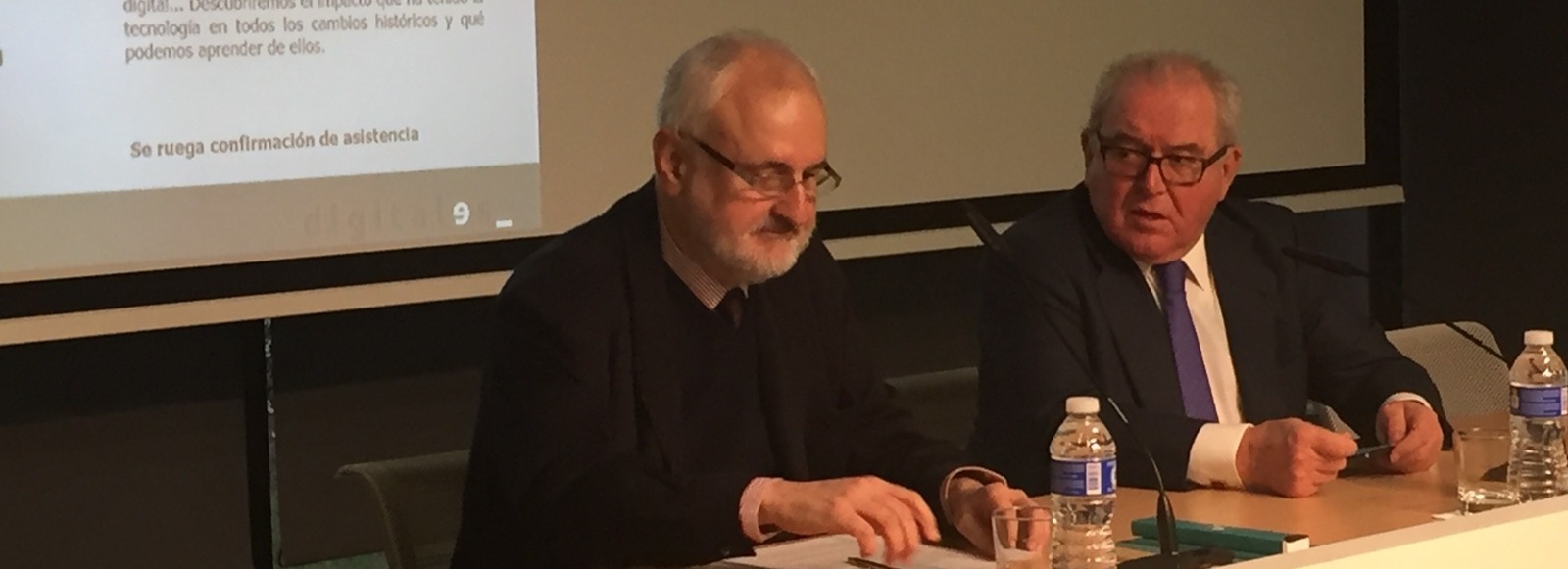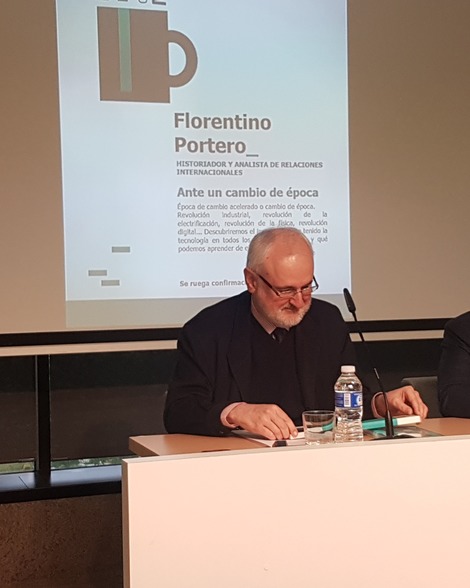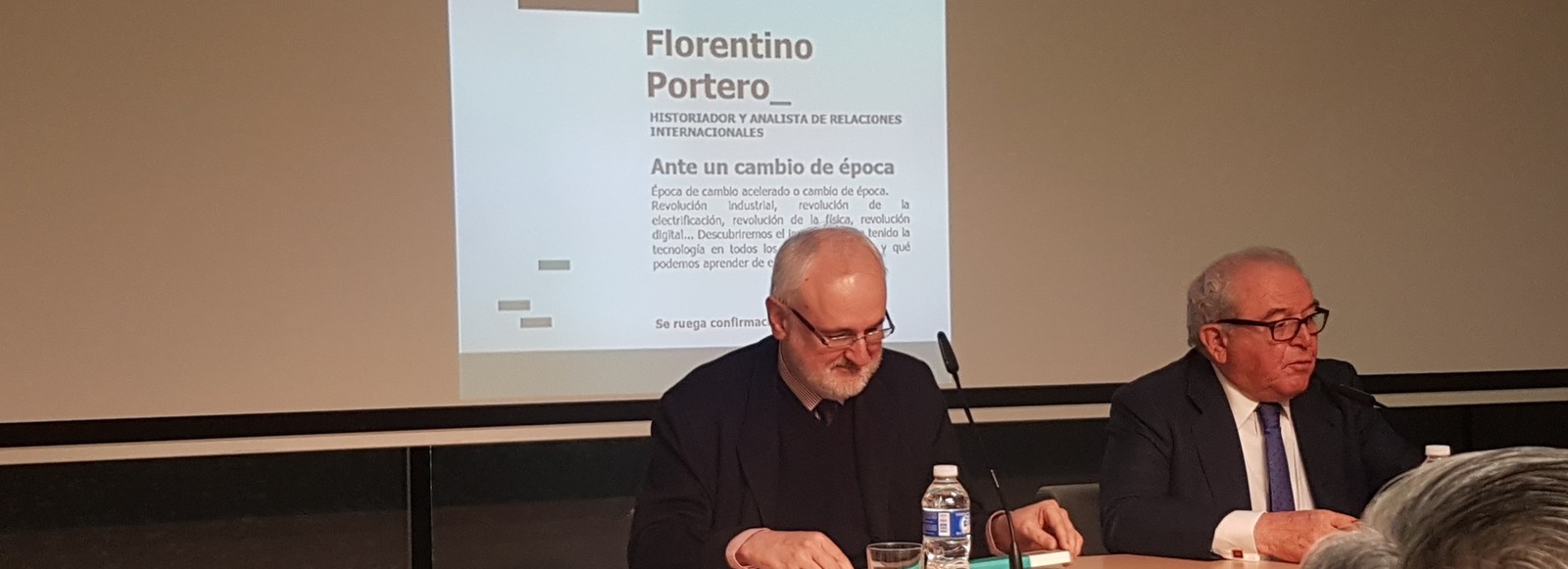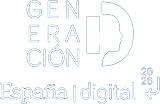27/12/2017
All revolutions always generate enormous upheavals before they produce great benefits, and the digital revolution, which is going to bring about very important changes, will undoubtedly act along these lines. So said the historian and analyst of International Relations Florentino Portero, in the meetings ‘Las mañanas del mañana’, organized by the Asociación Digitales on December 15.
In this forum, where the consequences of the Digital Transformation are analyzed from a humanistic point of view, the professor of contemporary history reviewed the effect that the different revolutions have had on human behavior, asserting that the only constant in the history of mankind is change.
“This change can have one speed or another, and depending on that, it can have devastating effects by changing normality. Without this normality, which is simply an agreement, people get nervous and tensions appear,” he said.
“We have to educate in innovation and convey the message that innovating and not succeeding is not a failure, but an experience”.
Portero explained that revolutions occur when profound changes occur in science, which are then applied to engineering. These are then transferred to companies and produce social changes that take the political system by storm. This has been the case with the invention of fire, the Neolithic, the Renaissance, the Enlightenment and the various industrial revolutions.
In his opinion, today we are witnessing the 4th industrial revolution, which is going to be at least as profound as the first, and this will lead to profound changes in employment and the structure of society.
“The new economic model proposes a new personnel policy where the highly educated or prepared will have possibilities they have never had before, but this will produce great inequalities. It has never been so easy to create a company, but those who do not do so or do not know how to fit into the existing ones will create political or social problems as a large number of low-skilled jobs will disappear. More income inequalities will be created and this is not easy to explain to a society educated in equality”, he said.
The solution, he said, is to invest in the early years of the education system, where it is necessary to “train people who understand the need for constant training”. It is not so important to specialize in knowledge that expires in a very short time, but to understand that new professionals will always have to be recycling themselves. “We have to educate in innovation and convey the message that innovating and not succeeding is not a failure, but an experience”.
Portero explained that, faced with a change of era, the governing elites must do the necessary pedagogy to explain this change well and adapt the structures of the State to today’s society. “The current revolution is very important and ushers in a new world. The Europe of pre-2007 is not coming back,” said the historian, who pointed out that the political classes have not done a good job of encouraging entrepreneurship. “The changes produce great benefits, but this adaptation period will need to be overcome,” he concluded.


